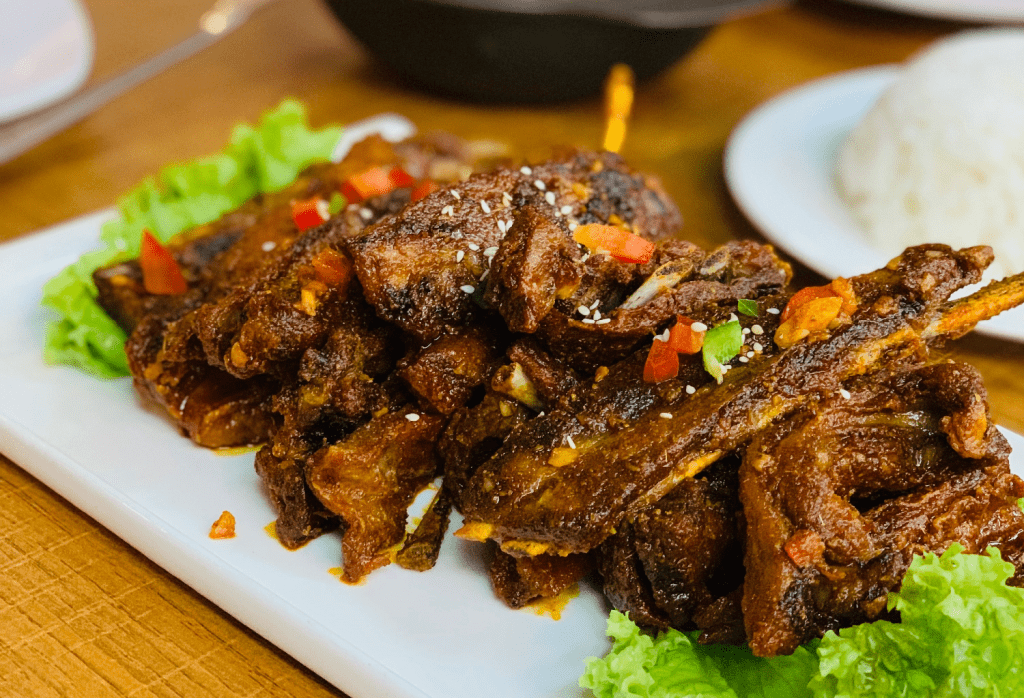An Insider’s View on Adapting For A COVID Economy
I don’t need to tell you what’s going on in the Canadian foodservice industry right now – if you’re in it, you know already. I cannot deny this has been an economic and personal tragedy beyond anything we’ve ever experienced in the country. But, I am heartened by the creativity and resilience of Canada’s restaurateurs and their teams in the face of unprecedented adversity. If sheer willpower were enough, I have no doubt that every restaurant, food truck, and caterer would survive this crisis unscathed.
Unfortunately, it isn’t enough. To give yourself a fighting chance in this new normal, it will take determination coupled with adaptability and a solid plan of action. As someone who’s been closely involved with the food and beverage industry in an inspection and certification role for more than 15 years with the Halal Monitoring Authority (HMA), I have a unique, high-level perspective on the situation. Here are some of the strategies I’ve seen working so far.
Focus on the favourites
Most of us have a favourite restaurant. You probably have a particular dish you like to order at that restaurant, something no one else makes quite the same. As a foodservice operator, you know which menu items are the most popular and which ones are on the fringes. For the sake of speed (never more important than during this high-water mark for take-out and home delivery), you’d do well to limit your menu to those offerings ordered most frequently. Reduced turnaround time makes customers happy, and increases your efficiency and profitability.
Make sure you’re offering a selection of comfort food, too. Yes,
foodies love to go out for trendy dishes and fine dining. But, in a time of
uncertainty, nostalgic favourites that make consumers feel good inside will win
hearts and wallets more often than not. This is especially true for anyone
serving international cuisine; a taste of “home” is always worth going out for
or opening a delivery app.

Assess your menu for margins
Cost-cutting measures should be in full swing for all businesses right now. Of course, we want to do that with a minimal impact on our employees’ wages and our customers’ enjoyment.
Have a look at your menu and think about your ingredients and where you get them. Are there less expensive options available to you? What about sourcing more local inputs? You may be surprised at not only how affordable it is, but also by the quality – and the reception you’ll get from consumers when you highlight “locally grown” on your menu.
Expand your audience with new options
This may seem contradictory to the “focus on favourites” suggestion, but it’s not really. Within our society, there are groups of people united by a common need or preference when it comes to eating. Let’s call them “food teams”. Keto eaters and other diet adherents are examples of current food teams. So are vegetarians and vegans. Diets dictated by religion, such as kosher and halal, also fall into this category.
The more food teams you cater to, the broader swath of the population you can market yourself towards. Want some numbers? There are over a million Muslims in Canada, the majority of whom eat halal, and their population is on the rise. Close to two-and-a-half million Canadians identify as vegetarians, and nearly a million more are vegan. Remember, adding options tailored for specific groups won’t close your doors to your usual customers – it’s about inclusivity, not exclusivity.

While this might seem like a difficult task, it doesn’t have to be. You may have menu items in your line-up already that fall into a particular category but don’t know it. Or, you may be just an ingredient or two (plus or minus) away.
Be careful to do it right, though. You can tarnish your reputation in a hurry in these communities thanks to word-of-mouth and its 21st-century extension – social media. In some cases, you should consult with industry experts and seek trusted certification. This is your guarantee to potential diners that you are mindfully providing the kind of food they require.
Be a good neighbour
I cannot stress enough how important it is that we all support one another. I know this is a highly competitive business. In the end, though, it benefits us all to have a healthy and robust foodservice industry.
Toward that end, I encourage you to do what you can to help others. What seems a small gesture to you could make all the difference to someone who’s struggling. Share your best practices or your unique knowledge for the better of all.
And don’t be afraid to reach out for help if you need it. You may be surprised how willing some individuals and organizations are to assist. For example, we’ve been doing pro-bono work for some of our clients at the HMA, on a case-by-case basis, to help see them through a challenging time as they work to recover.
A summer of fully-booked patios was a ray of sunshine in a bleak
economy. All too soon, though, they’ll close for the winter and foodservice
operators will need new ways to fill tables and booths and increase delivery
orders. I wish you well, and may we all find our way to prosperity and strength
in the days and months to come.









